Ayurveda is a comprehensive system of medicine that integrates the body, mind, and spirit. It is more than just a medical system; it's a way of life that emphasizes balance, harmony, and natural living. By Understanding and incorporating Ayurvedic principles into your daily routine, you can achieve better health, greater well-being, and a deeper connection to yourself and the world around you.Here, we delve deeper into its core principles, including doshas, gunas, dhatus, and srotas.
The doshas are the fundamental bodily bio-elements that govern all physical and mental processes in the body. Each person has a unique balance of these doshas, which determines their constitution (prakriti).Ayurveda classifies people into three primary doshas (body types), each a combination of the five elements:

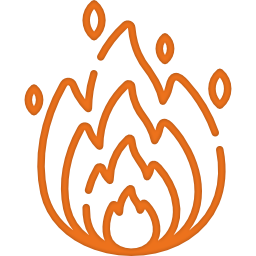
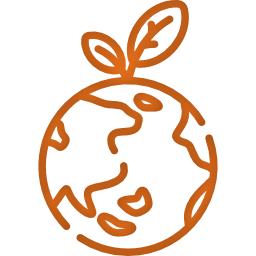
Gunas are the three fundamental qualities of nature that influence mental and emotional states:
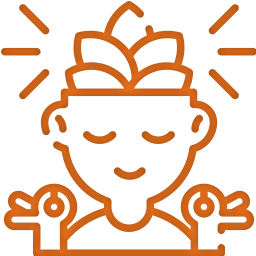
Qualities: Light, clear, and stable.
Characteristics: Promotes clarity, harmony, balance, and wisdom.
Influence: Leads to calmness, intelligence, and spiritual growth.
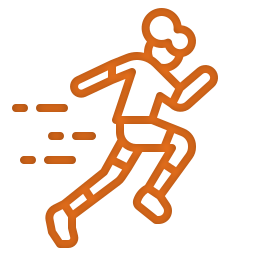
Qualities: Mobile, active, and stimulating.
Characteristics: Drives activity, change, and movement.
Influence: Can lead to restlessness, passion, and desire when in excess.

Qualities: Heavy, dull, and static.
Characteristics: Causes inertia, ignorance, and confusion.
Influence: Leads to lethargy, darkness, and resistance to change when dominant.
Dhatus are the seven fundamental tissues that make up the body, providing support and nourishment.
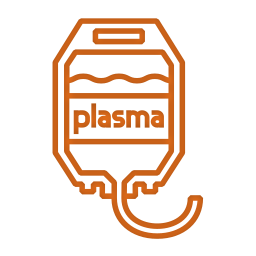
Function: Provides nutrition and hydration to all tissues.
Associated Imbalances: Anemia, fatigue, and weak immunity.

Function: Supplies oxygen and vitality to the body.
Associated Imbalances: Skin disorders, inflammation, and circulatory issues.

Function: Provides strength and support to bodily structures.
Associated Imbalances: Muscle fatigue, overgrowth, and atrophy.
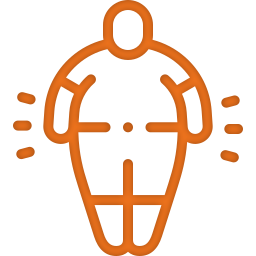
Function: Lubricates the body and provides energy storage.
Associated Imbalances: Obesity, cholesterol issues, and joint problems.
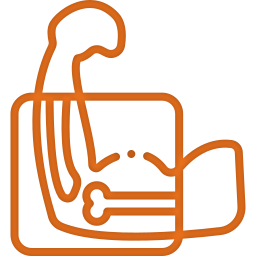
Function: Provides structure and support to the body.
Associated Imbalances: Osteoporosis, fractures, and dental problems.

Function: Fills the bone cavities and supports the nervous system.
Associated Imbalances: Neurological issues and immune system disorders.

Function: Responsible for reproduction and vitality.
Associated Imbalances: Infertility, low libido, and hormonal imbalances.
Srotas are the channels in the body through which substances like nutrients, waste, and energy flow.
There are multiple srotas, each associated with a specific function:
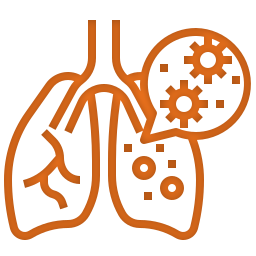
Function: Carries prana (life force) and supports respiration.
Associated Imbalances: Asthma, bronchitis, and breathlessness.
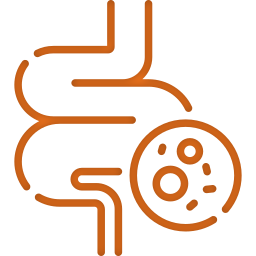
Function: Carries and processes food.
Associated Imbalances: Indigestion, bloating, and ulcers.

Function: Manages water and hydration in the body.
Associated Imbalances: Edema, dehydration, and fluid retention.
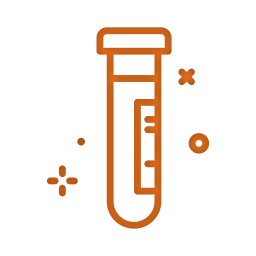
Function: Circulates plasma and nutrients
Associated Imbalances: Weak immunity, anemia, and malnutrition.
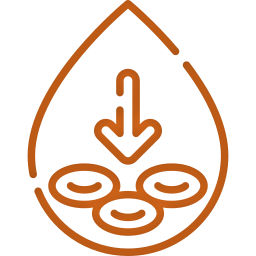
Function: Circulates blood and oxygen.
Associated Imbalances: Hypertension, skin diseases, and hemorrhages.

Function: Supports muscle tissue.
Associated Imbalances: Muscle spasms, atrophy, and rigidity.
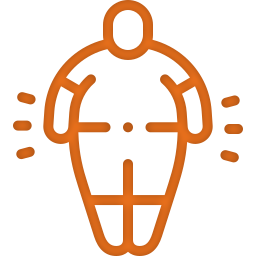
Function: Manages fat tissue.
Associated Imbalances: Obesity, high cholesterol, and lipomas.
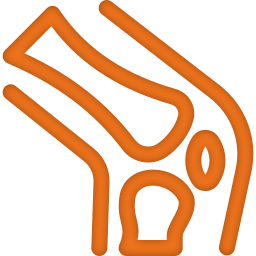
Function: Supports bone tissue.
Associated Imbalances: Bone density loss, fractures, and arthritis.

Function: Supports the nervous system.
Associated Imbalances: Nervous disorders, depression, and anxiety.
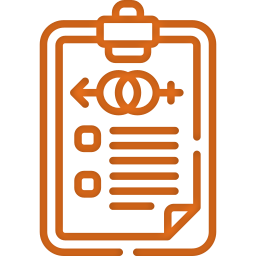
Function: Manages reproductive tissues.
Associated Imbalances: Infertility, sexual dysfunction, and hormonal issues.
Prakriti is your unique body constitution, determined at birth. Understanding your prakriti helps tailor your lifestyle and diet for optimal health

Vata: Warm, moist, and grounding foods like soups and stews.
Pitta: Cooling, hydrating foods like salads and fruits.
Kapha: Light, dry, and warming foods like grains and spices.
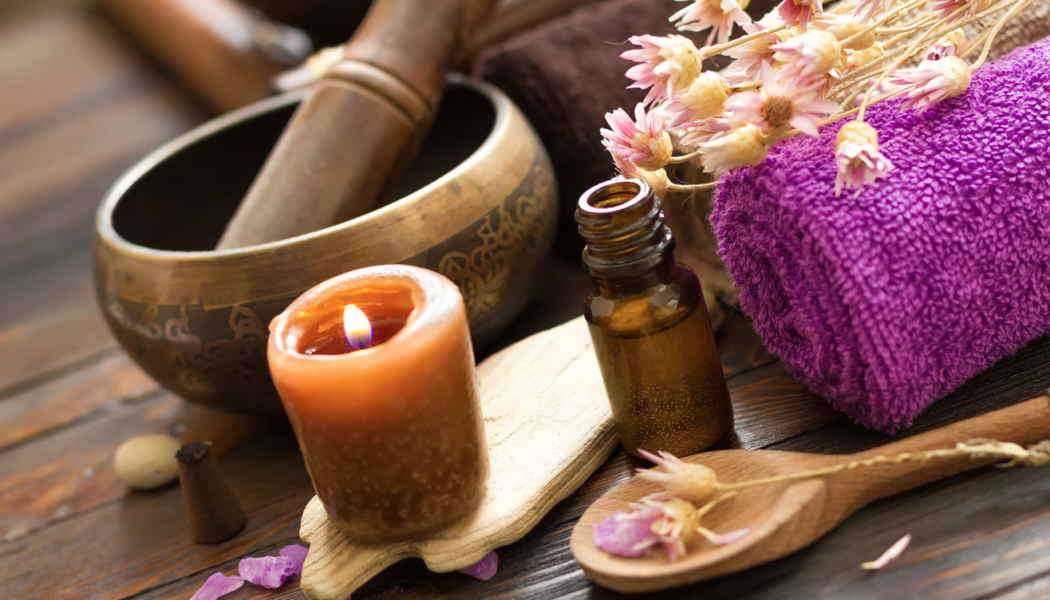

Adapt your lifestyle and diet to the changing seasons to stay in harmony with nature.
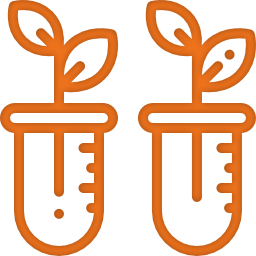
Ayurveda uses herbs like turmeric, ginger, and ashwagandha to treat various conditions and promote health.
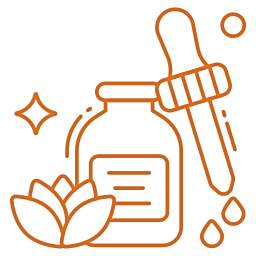
A detoxification process to cleanse the body of toxins through treatments like massage, steam therapy, and herbal enemas.

Techniques like meditation, yoga, and chanting to harmonize the mind and body.
